Launch of ATET throws spotlight on Docklands’ future as an entertainment precinct
A newly launched floating bar in Docklands has ignited a fierce debate about the future revitalisation of the precinct after complaints of the venue’s loud music became “untenable” for residents.
The opening of ATET at North Wharf Rd went off with a bang with its bright lights and pumping music on the weekend of 22-23 October making its presence known after the owner promised to bring “much-needed life and energy” back into Docklands.
But the big launch misfired with some neighbouring residents saying the constant “doof doof” beats from 1pm to 1am had become unbearable, causing many to have sleepless nights, resulting in 140 complaints being reported to the City of Melbourne.
ATET’s owner Jake Hughes said he was aware its launch had caused a “significant disturbance” in the community, which was “never our intention”, and apologised “unreservedly”.
Mr Hughes said his team was committed to listening to residents to gain a “better understanding of the situation” and reiterated the venue was a multi-purpose event space “with something for everyone”.
“We are working closely with the City of Melbourne and all relevant authorities to ensure we are compliant with EPA (Environment Protection Authority) and council regulations. Through this process, we will be taking a number of measures to minimise the impact on neighbouring residents,” ATET said in a Facebook post.
ATET is Melbourne’s first ever floating bar which is built on an old barge previously used for the restoration of historic tall ship Alma Doepel, with its atmosphere promoted as an open-air oasis inspired by the beach clubs of Mykonos and Ibiza.
The venue received the backing of the City of Melbourne, which approved the planning application in April this year “as the proposal met all planning requirements”, however several conditions were included as part of the approval in relation to venue’s management and noise. It also took into consideration seven objections as part its decision, which was not required to be made at a Future Melbourne Committee meeting.
However, in an unforeseen event, ATET was issued with a breach notice after its planning permit did not allow for it to trade on Sundays, despite being included in a liquor licence and venue management plan, which one City of Melbourne councillor put down to a “misunderstanding”.
ATET’s management undertook an acoustic report in the days after its launch to ensure its sound levels for outdoor entertainment met council regulations as well as compliance with the EPA before it reopened on Saturday, October 29.
According to its planning permit, “the noise generated by the premises must at all times comply with the requirements of the EPA Publication 1826.4” which, for outdoor venues in Victoria, must not exceed 65 decibels when measured outside a “noise sensitive area”, such as a residence, and a maximum of 55 decibels applicable indoors.
However, this does “not apply to music noise from an outdoor entertainment venue within the Docklands noise attenuation area” with the onus on developers to ensure adequate double-glazing for “a minimum standard of 45 dB (A)” as the “relevant noise limit”.
In a Facebook post, Cr Rohan Leppert said, “It is almost never the case that a single breach of a planning permit results in the destruction of the business responsible, and nor should it”.
“Sometimes breaches are the result of genuine misunderstandings, and sometimes conditions are not properly understood. Our planning enforcement team has worked with ATET to ensure that there is no possible room for future misinterpretation of their obligations under the permit,” he said.
Victoria Police said officers responded to noise complaints in Docklands on October 23 and spoke to the ATET’s management but “no offences were detected”.
Lord Mayor Sally Capp said the council sympathised with affected residents and “is working swiftly with ATET operators to ameliorate noise issues relating to the floating barge”.
“We are proud to promote and support new businesses like ATET throughout our CBD, especially in areas like Docklands where we know traders, who were the hardest hit during the pandemic, are desperate to see more people enjoying the neighbourhood,” she said.
But the residents’ backlash – which saw tensions boil over on social media – raised questions about how the community envisions the future of Docklands in its post-COVID comeback.
According to the Docklands Representative Group (DRG), the launch of ATET “highlights the growing pains of Docklands – showing the divide between residents who choose to live here and some businesses and policy makers which cling to an old vision of Docklands – where a ‘just add alcohol’ was the primary strategy for activation”.
“This is a timely message to Development Victoria about their revitalisation of Central Pier and surrounds – they must understand the changing nature of Docklands and that their approach must incorporate resident wellbeing,” a DRG spokesperson said.
Docklands Chamber of Commerce executive officer Shane Wylie said ATET shone a spotlight on the “confusion over what Docklands identity is and what it should be”, adding “Docklands is a mixed-use precinct and has been since the first towers went up”.
Docklands resident and local business owner Dean Jackson said he supported night-time entertainment venues and the “community need to allow these businesses to come in and operate and find their feet”.
“The whole thing with ATET, it was a witch hunt from before they opened by a few of the residents,” he said.
However, one Docklands couple said they “we’re seriously thinking about breaking our lease and moving somewhere else” if the noise levels continued. •

Police search after motorbike stolen from Docklands



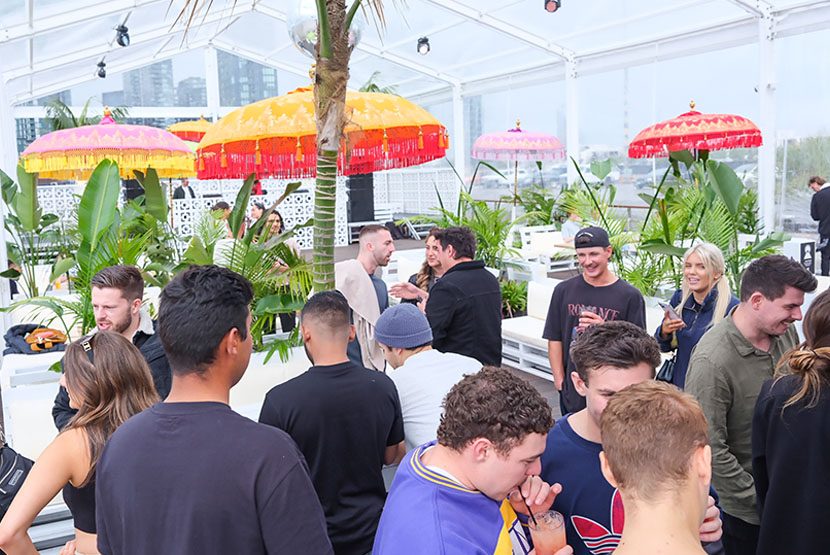
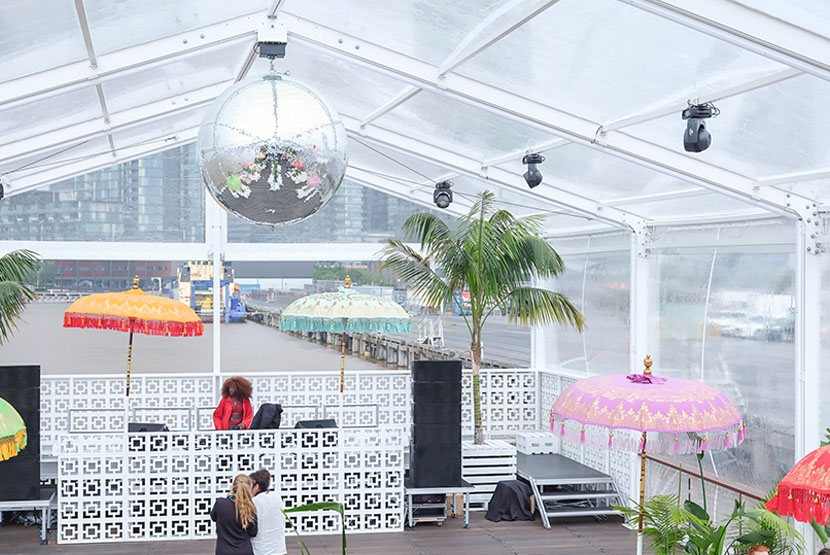
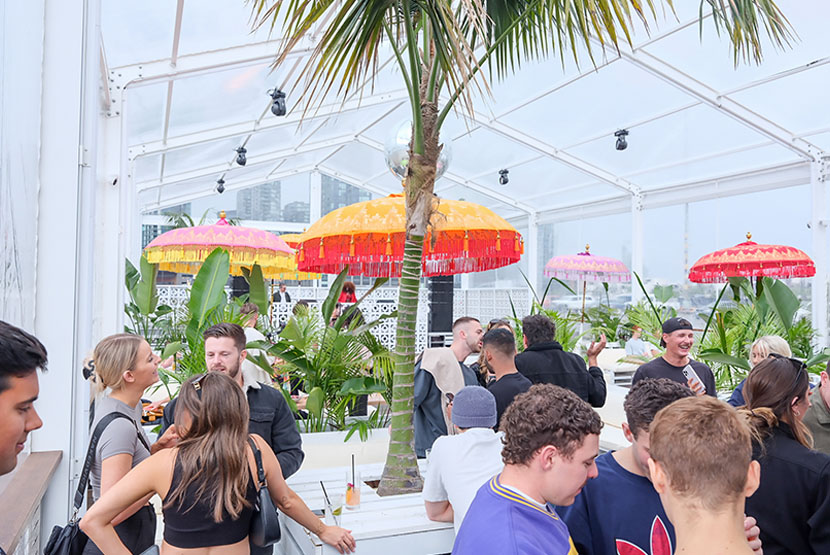
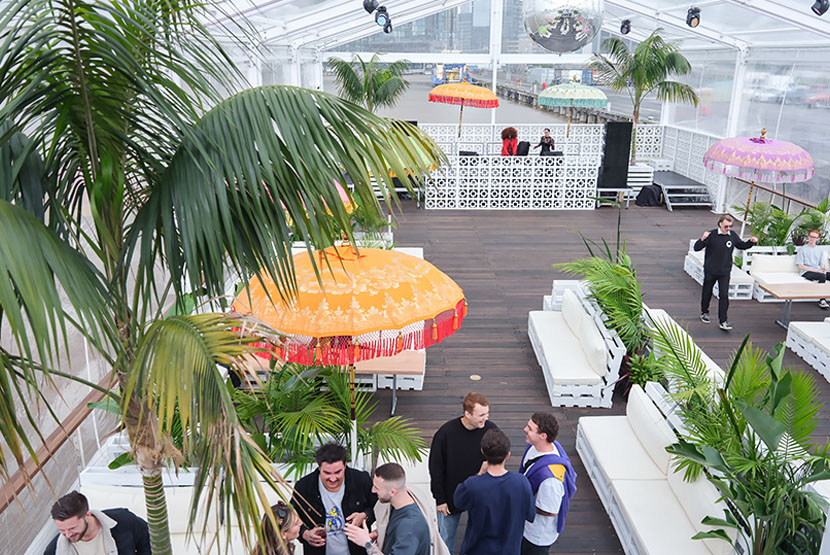
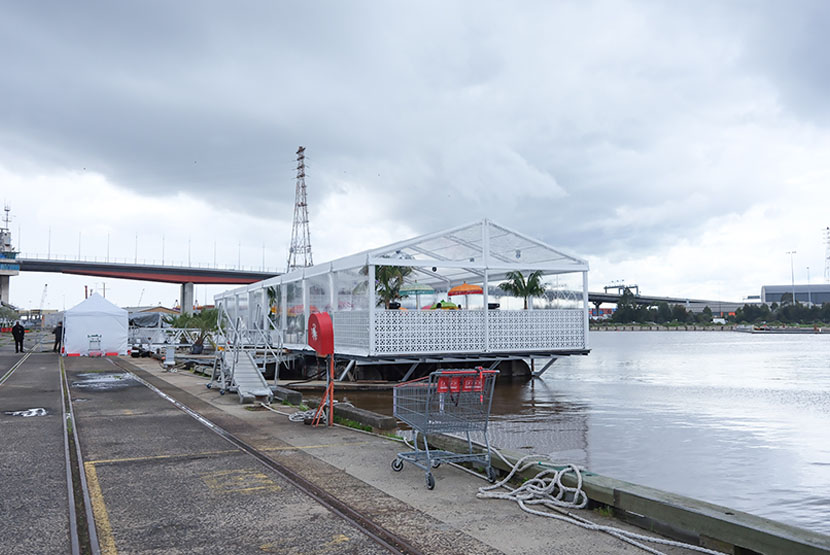
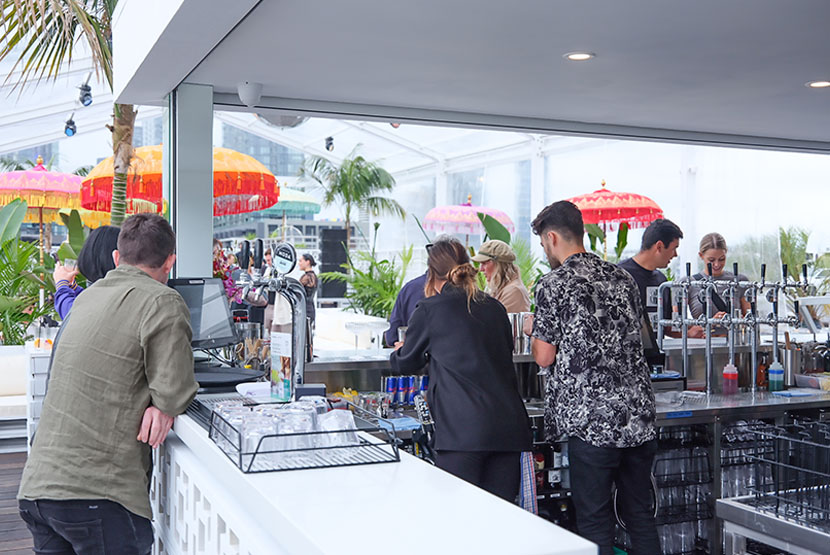
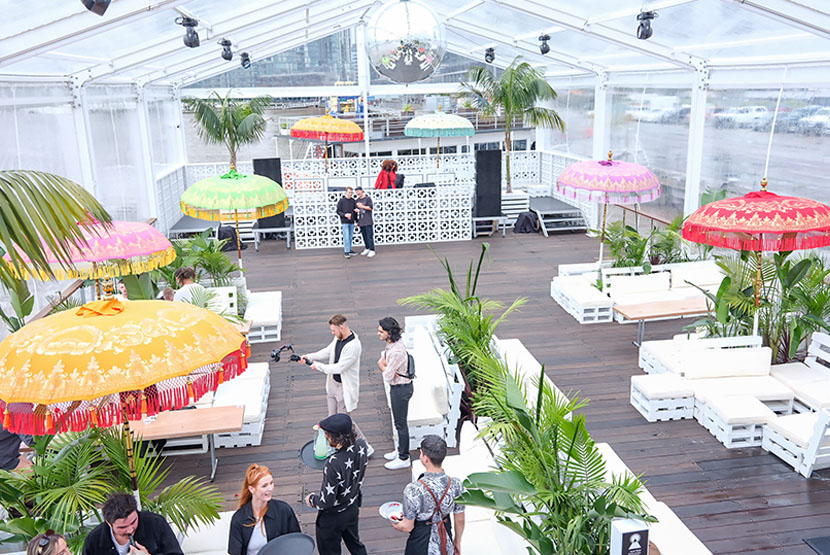

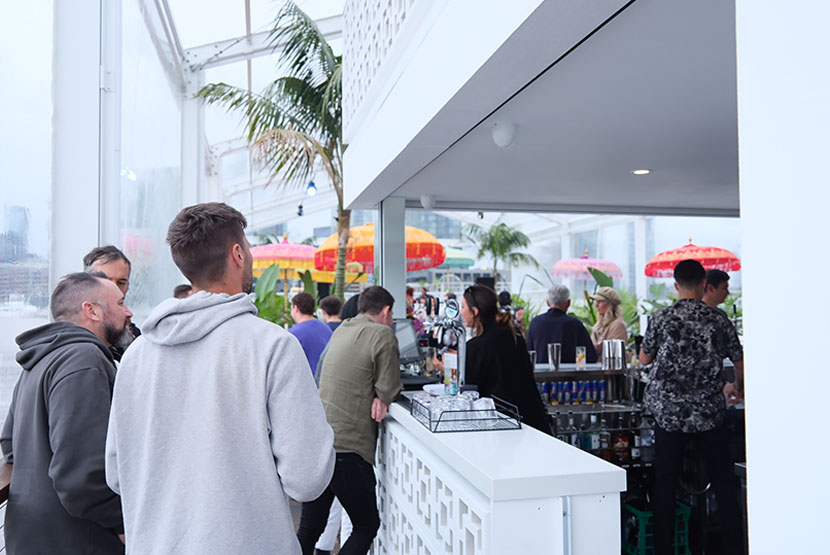
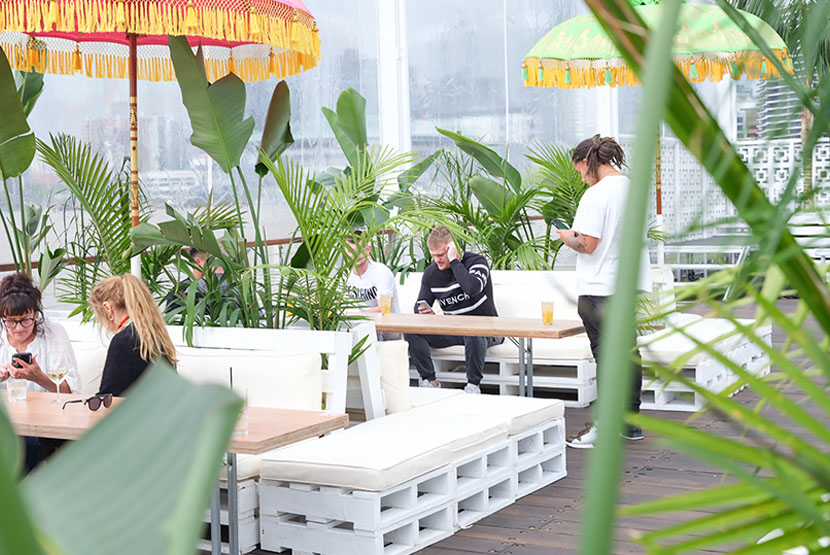




 Download the Latest Edition
Download the Latest Edition